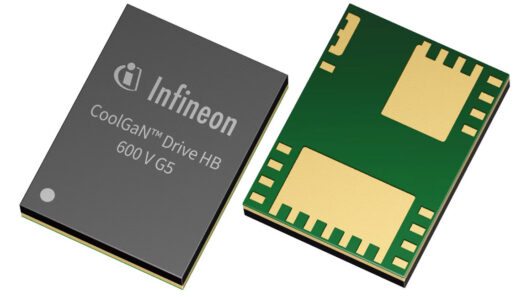The paper explores the use of the non-volatile memory technology embedded in a body sensor, a device developed to operate without a battery in the system, through the use of energy harvesting. The paper follows the successful completion of a project in cooperation with a team of technologists from the University of Virginia to create a low energy device to acquire physiological data from the human body, process that data, and transfer it through wireless communication. The project was partially funded by DARPA through the US government’s program to invest in and award small business innovation research (SBIR).
CBRAM is an emerging, disruptive memory technology which can be integrated in standard CMOS processes, function as a discrete memory device or be embedded in microcontrollers, System-on-Chip (SOC) or Field Programmable Gate Arrays (FPGA).
The paper demonstrates the ability of a non-volatile CBRAM memory block to operate at less than 1V supply voltage for read, program and erase functions without the need for charge pumps. This low-power functionality translates to 3x lower write voltage and approximately 10x lower write energy compared to other low energy non-volatile memory devices.
We have built some exciting wearable wireless body sensors that run completely without batteries from body heat, but one key missing piece was non-volatile memory (NVM). Existing NVM devices are way too power hungry for our aggressive power budgets,” said Ben Calhoun, associate professor at the University of Virginia, “This integrated ultra low-power CBRAM from Adesto is an important advance for self-powered systems.







